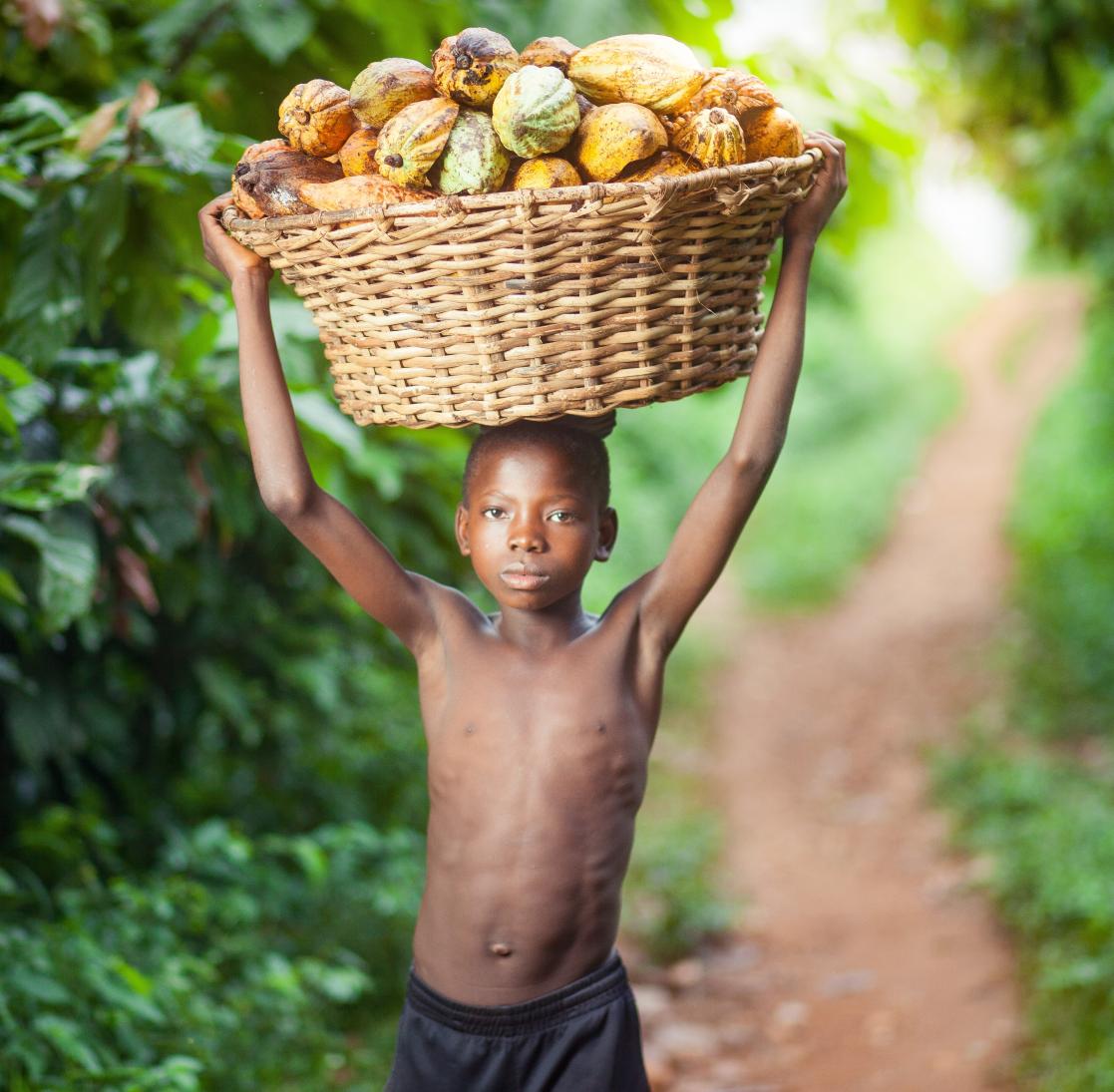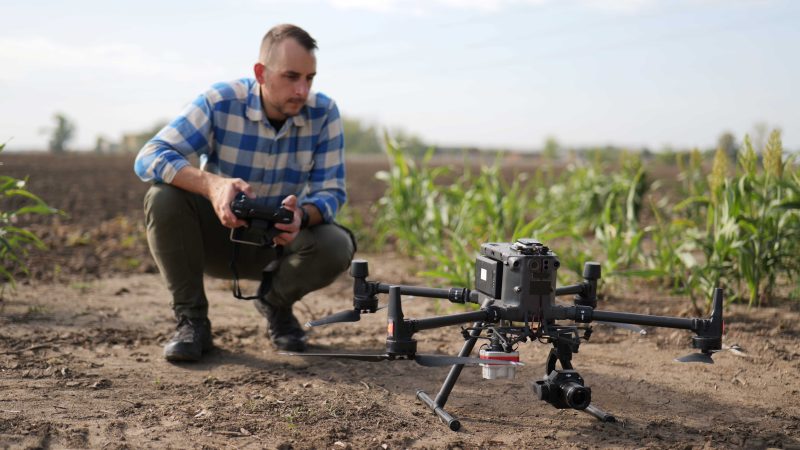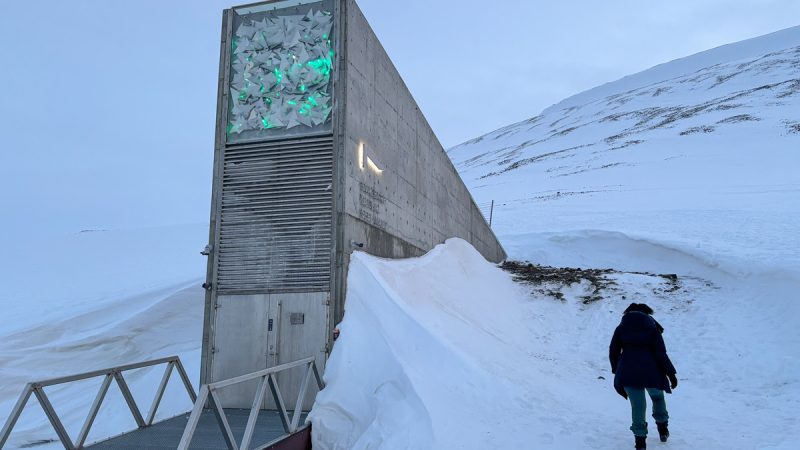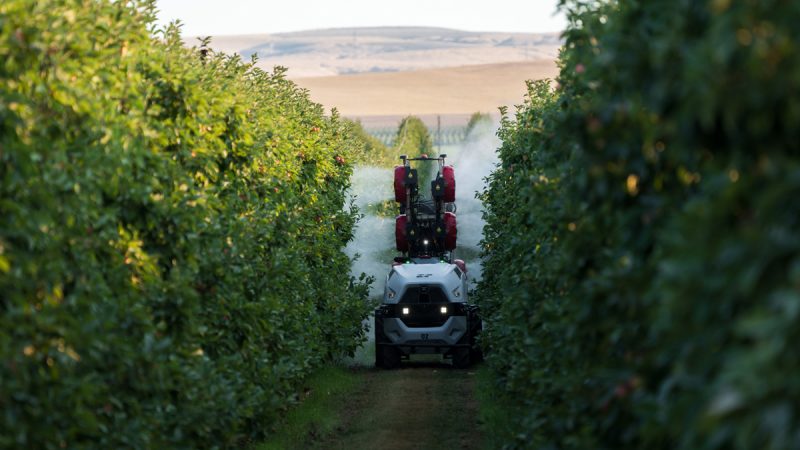
Last year, the European Union (EU) approved a new law that punishes commodity trading companies that import cocoa, coffee, rubber, timber, and other such commodities linked to deforestation and practices like child labour from the developing world.
The law requires companies to produce a due diligence statement showing their supply chains are not contributing to the destruction of forests before they sell goods into the EU – or they could face hefty fines. Some players have defined the move as a ‘de facto’ ban on the export of Ghana’s cocoa to the EU because our cocoa is mainly grown in forests and children help their parents on farms.
This would not be the first time that Ghana has had to bear the consequences of EU import regulations and sanctions. Eight years ago, the EU banned the importation of vegetables from Ghana due to the heavy infestation of pests. As a result, the country lost about US$30 million in revenue between 2014 and 2017 for failing to meet EU vegetable export quality standards.
At the present juncture, a new EU legislation emerges as Ghana grapples with an alarming depletion of its forests due to factors such as cocoa farming, illegal logging, and mining activities. According to the Global Forest Watch, the period from 2001 to 2021 witnessed a substantial loss of 1.41 million hectares of tree cover in Ghana, marking a 20% decline since 2000. In 2021 alone, the country experienced the loss of 101,000 hectares of natural forest.
Ghana heavily relies on exporting the majority of its cocoa, coffee, and timber to the European Union. COCOBOD data from the 2018/2019 crop year indicates that 44% of the total cocoa bean output was directed to the EU. Furthermore, in April 2021, the Forestry Commission of Ghana reported that timber exports to the EU reached €8.35 million, accounting for 16.98% and solidifying its position as the second-largest export destination for the country’s timber and other wood products. Europe serves as a significant market for Ghana’s key commodities, and any failure to comply with the stipulations of the new bill could result in both social and economic consequences for the local cocoa, coffee, and timber industries.
As an association working to improve the quality and quantity of agricultural-focused reporting in Ghana’s media space, we recently had the unique opportunity of engaging various stakeholders in the sector at a five-day training on human rights due diligence and forced and child labour, that discussed these issues extensively. Members resolved that we issue a statement and express our concerns about how the European Union is treating Ghana and other developing countries.
Admittedly, the EU regulation does not specifically target Ghana’s cocoa sector but all cash crops producing countries, as well as exporters, processors, and manufacturers. But this law puts producing countries in a more difficult situation than other actors in the value chain because our very livelihood as a people depends on these.
To what extent did the European Union weigh the likely economic consequences that may arise from this directive before rolling it out? Did they involve producing countries in the deliberations that led to the promulgation of this law? Unfortunately, this top-down approach to policy formulation dating back to the colonial era continues to drive how the European Union does business with us and this is completely inappropriate. They see themselves as the master who should always have the final say, which is not a good approach to policy formulation.
Who gets the highest profits from the sale of the finished products of these cash crops? Is it not the processors which are largely European companies? Why isn’t the EU forcing these companies to pay good prices for these products to the producers to improve their standards of living, as a way to curtail deforestation and alleged child labour, instead of destroying their source of livelihood with this directive?
This EU regulation should also serve as an eye-opener to the governments of the producing countries on how we do business. Why should we not rather focus on processing our raw materials into finished and semi–finished products, instead of exporting them in the raw state to countries that don’t reward our toil deservedly? It is high time we added value to our cocoa for local consumption in Africa, and stopped selling it in the raw state. If we do that, the demand for cocoa will go high and the value chain actors will put pressure on the EU to soften their regulations on the producing countries, and rather get their companies to pay us competitive prices for our toil.
On the issue of alleged child labour in cocoa, we don’t blame them much but ourselves. We as a country need to have strict laws and policies on child labour and showcase that to the rest of the world. For instance, if everybody in the world is aware that our children can help our farmers do specific cocoa-related work during off-school hours, foreign media organisations will not have the justification to come film documentaries, alleging child labour on our farms. The media in Ghana have also failed us. We certainly need to counter these misreports on foreign media platforms and project our values on child work.
The European Union must soften its stance on the threats targeting the cash crop sector in the developing world. They should rather encourage actors in the cocoa value chain to pay fair farm gate prices to the farmers. When adequate wealth is created in the sector that trickles down to everyone, the farmer would be in a better position to hire labourers to work on their farms, and not even get children involved. The farmer would also be in a better position to use appropriate technology on cocoa and coffee fields to increase productivity, instead of resorting to clearing more land to plant.
Signed
Richmond Frimpong
President, Ghana Agricultural and Rural Development Journalists Association (GARDJA)
0268909020


![African agricultural journalists elect new officials [MEET THE TEAM]](https://www.dailyagricnews.com/wp-content/uploads/2025/03/PAAJ-logo-768x768-1-768x450.webp)

